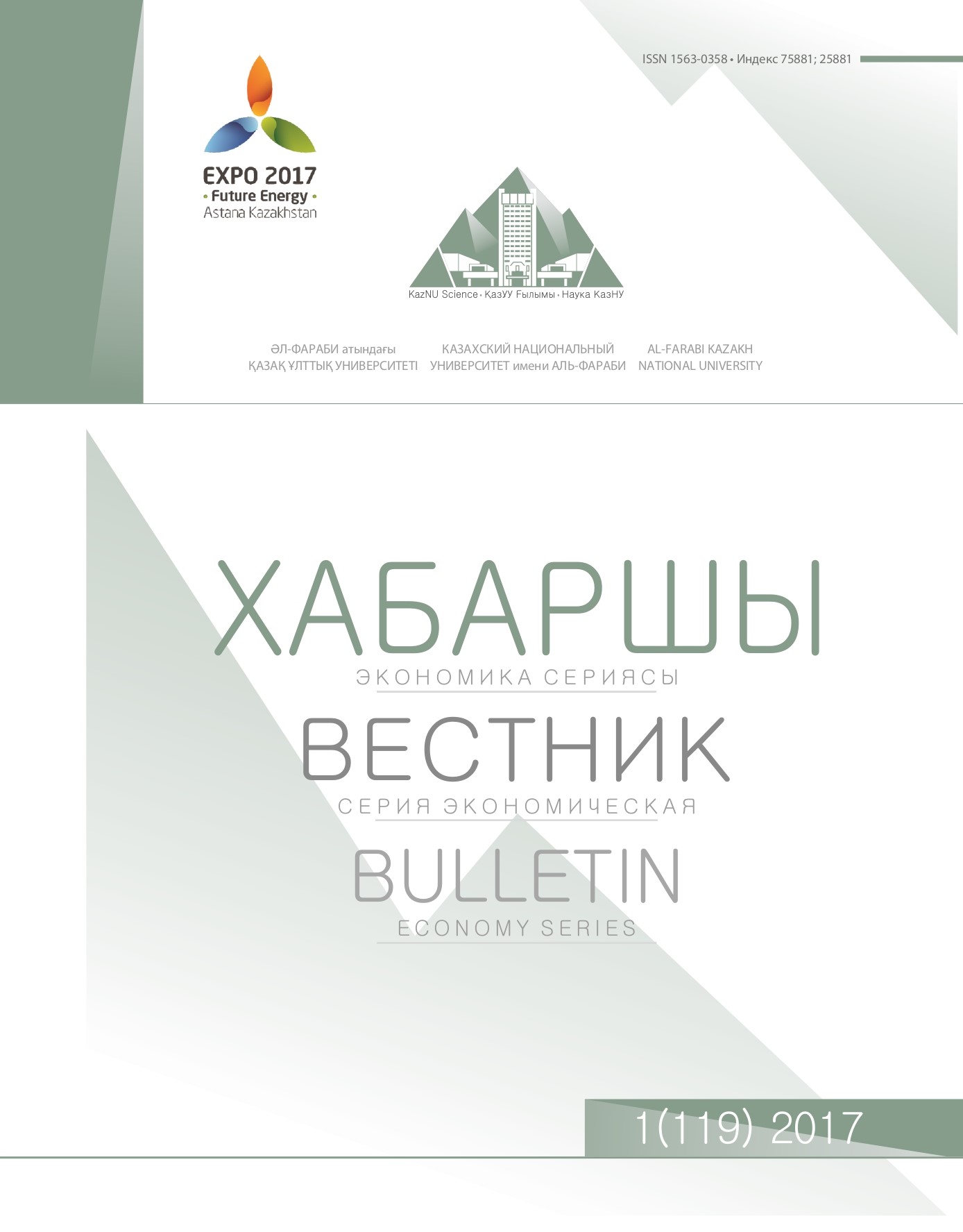Determination issues of socio-economic welfare levels for standardly employed, precariat and unemployed persons
Abstract
Social welfare indicators of the population include the notion of wellbeing
of the individual, groups and society as a whole. In the current crisis
in Kazakhstan, the practice of using precarious labour contracts is increasing
in order to implement the reduction in personnel costs strategy. It actualizes
the problem of the employment precarization’s impact on welfare
of the majority of employees. Research is needed on distinguishing of the
living conditions for standardly employed, unemployed and precariat. Important
questions arise about the indicators characterizing the pattern of
well-being or ill-being for these groups of people, and the method, which
allows taking into account the multifactor in evaluating numerical value
of well-being. The new index of social progress enables each country to
assess its position in the world, to identify the most painful points in implementation
of social policy.













